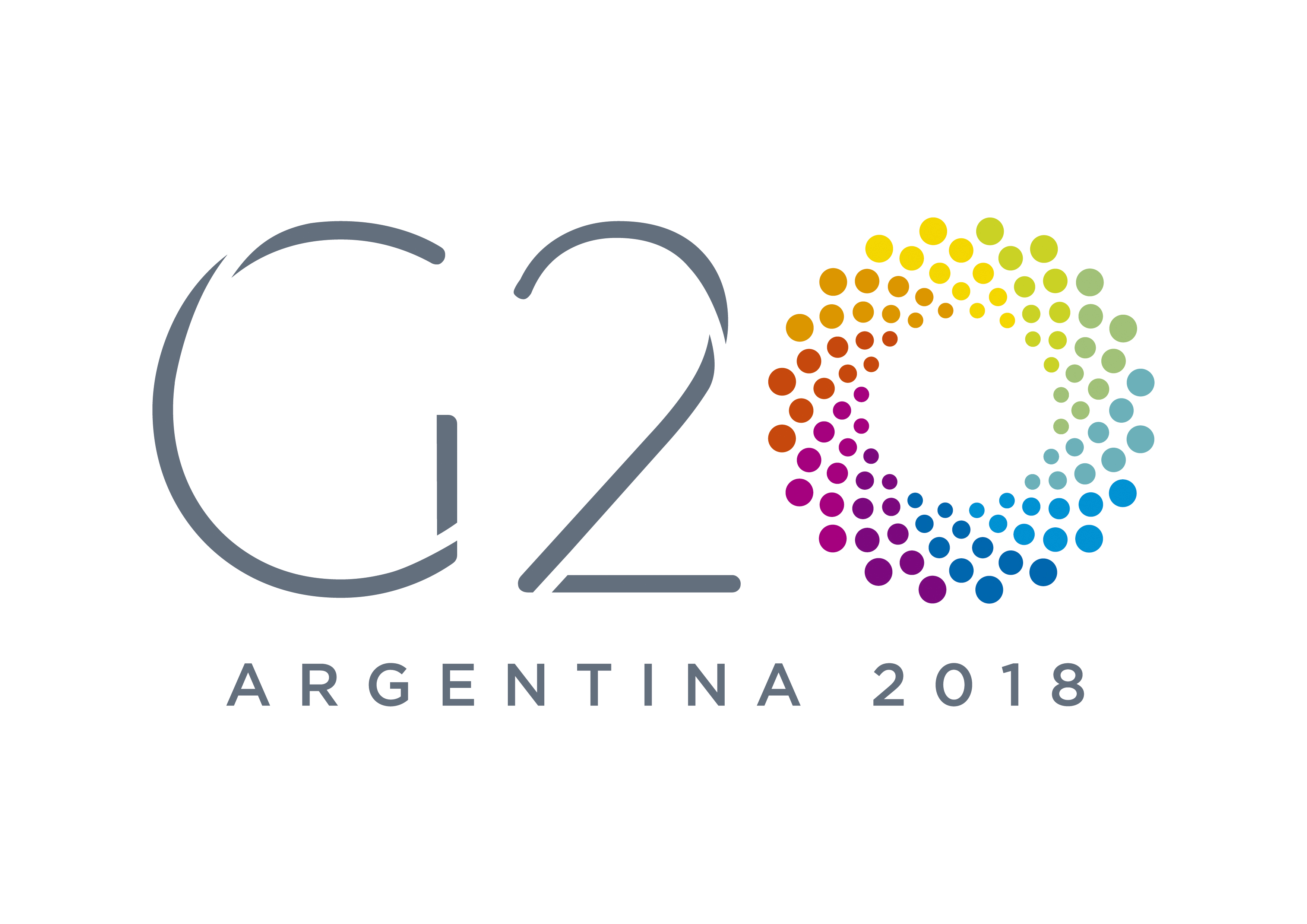Argentina has defined three main priorities for its 2018 Presidency of the G-20: “The future of work: Unleashing peoples’ potential”; “Infrastructure for development: Mobilizing private resources to reduce the infrastructure deficit”; and “A sustainable food future: Improving soils and increasing productivity.” These are important topics and I commend the Argentine government for raising them for the consideration of the G-20 countries and of the whole international community.
Here, I will focus on the “sustainable food future” issue. The global deterioration of soils, land, and landscapes poses a significant threat to poverty reduction, sustainable food production, and climate change adaptation and mitigation. A recent study by IFPRI and the University of Bonn Center for Development Research (ZEF) has estimated that the annual cost of land degradation due to “land use and cover change” (LUCC) and the use of land-degrading management practices on static crop and grazing land is about $300 billion (not including costs related to deterioration of ecosystem services, which may increase the estimates significantly. The cost of completely rehabilitating lands degraded due to LUCC worldwide would be about $4.6 trillion over 6 years, the authors estimate—and if action is not taken to rehabilitate degraded lands during this same period, the world will incur a loss of $14 trillion, which suggests that such investments have a very positive return.
More generally, typical estimates of the costs to achieve the Sustainable Development Goals (SDGs) needed to build food systems that deliver social inclusiveness, climate resilience, environmental sustainability, and healthy diets for all fall in the range of $1.5-2.5 trillion per year of additional investments in developing countries. Even recognizing the methodological limitations of these types of estimates, the effort required to mobilize the public and private resources for the needed investments is not trivial. For irrigation alone, the needed investments may total about $10.3 billion annually in developing countries.
How can the world finance these investments? There are several options. (I discussed these briefly, focusing on orders of magnitude and their possibilities and limitations, in my presentation during the 50th anniversary of CIAT in Nov. 2017, and in July at the UN High-Level Political Forum 2017, convened under the auspices of the UN Economic and Social Council.) These include: Traditional bilateral development aid; multilateral lending; public budgets in developing countries (including better controls on corruption, illegal financial flows, and tax evasion to expand fiscal resources); domestic banking system; unconventional monetary policies; and finally, private financial markets, particularly impact investors and socially oriented investors.
Here I want to comment on this last option, and suggest the need to expand on the same approach for sustainable infrastructure presented by the Argentine Presidency.
The Argentine document argues that there is a large gap in the investments required to build the needed global infrastructure from now to the year 2035, and that, at the same time, “institutional investors around the world have USD $80 trillion in assets under management, typically offering low returns.” Therefore, the document states, “mobilizing private investment toward infrastructure is crucial to closing the global infrastructure gap. It can also ensure a better return for those who today save and invest. This is a win-win objective and it requires international cooperation.” And the approach suggested is “to develop infrastructure as an asset class by improving project preparation, addressing data gaps on their financial performance, improving the instruments designed to fund infrastructure projects, and seeking greater homogeneity among them…”
I think that in the dialogue with other G-20 countries, the Argentine Presidency should extend the same approach to develop the mechanisms and financial structures needed to attract private and public financing to scale up investments to build sustainable food systems. This would include the recovery of degraded and eroded land, small irrigation schemes and water management, and other aspects of climate-smart agriculture practices such as afforestation and reforestation, natural resource management. Investments should also target rural renewable energies, climate-sensitive rural infrastructure, and sustainable value chains. We at IFPRI and the CGIAR are working on some ideas to make this happen. More on this to follow.
Eugenio Diaz-Bonilla is Head of IFPRI’s Latin American and Caribbean Program.







